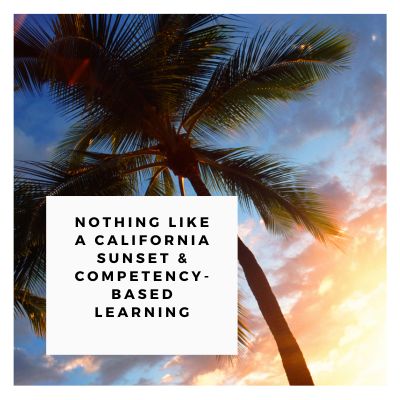By Elaine S. Povich, Stateline.org and Published by GovTech.com
California is set to become the first state to coordinate competency-based programs across eight community colleges using state-backed curricula. Professors say these programs help working students, but they come with trade-offs.
(TNS) — Jaqueline Yalda, who has been a campus police officer at El Paso Community College in Texas for a decade, sought a promotion earlier this year. But first, the department required her to complete a college-level course in criminal justice.
It had been many years since Yalda had taken any college classes. And at age 38, she felt a little intimidated.
But, a few weeks later, Yalda had earned an ‘A’ in Introduction to Criminal Justice and was promoted to sergeant. Now, she’s eyeing moving up to lieutenant, which will require finishing her full associate degree.
Her secret? Taking the course at El Paso Community College through a “competency-based education” program, which let her move through an online course at her own pace. She finished in four weeks, faster than the eight allowed, and said professors responded quickly online when she had questions.
“This was my first time taking a CBE course,” Yalda said in a phone interview from the police headquarters on the Valle Verde campus. “After taking it, I’m definitely going to consider taking the other courses I need. At first, I was scared because I never worked on the [remote teaching platform] before. Once I took the orientation … I thought, ‘Wow, this is really easy and convenient.’”
Supporters see the spread of competency-based education as a boon to working adults and other nontraditional students who want additional training and credentials to advance their careers. But critics, including some professors, say it’s a poor substitute for traditional learning.
While a few colleges around the country have used competency-based education for some courses, California is set to become the first state to coordinate competency-based programs across eight community college campuses using state-backed curricula. More states may seek to follow that example, according to Amber Garrison Duncan, executive vice president of the Competency-Based Education Network, a nonprofit group formed to evaluate and promote such programs.
Unlike typical college classes, competency-based education doesn’t require students to attend classroom lectures. And unlike asynchronous online courses, in which students log in and watch recorded online lectures over a semester, students in competency-based courses complete coursework at their own pace.
Grades are based on projects, papers or exams that students complete when they feel ready to prove they have mastered the material.
Read the full article here.
